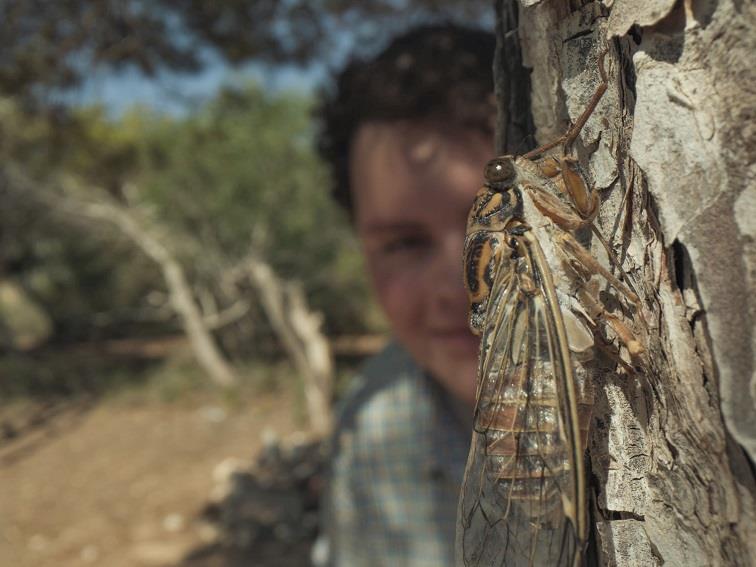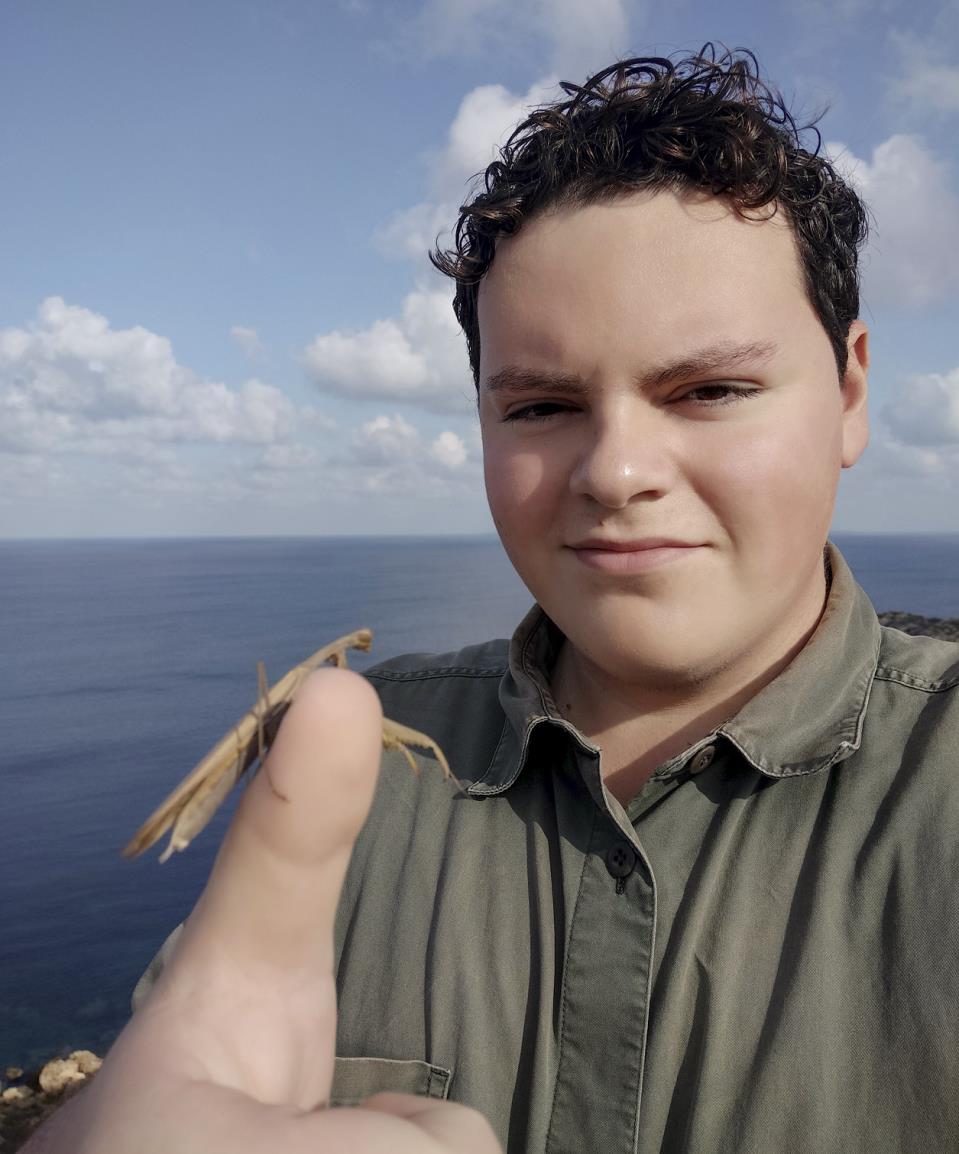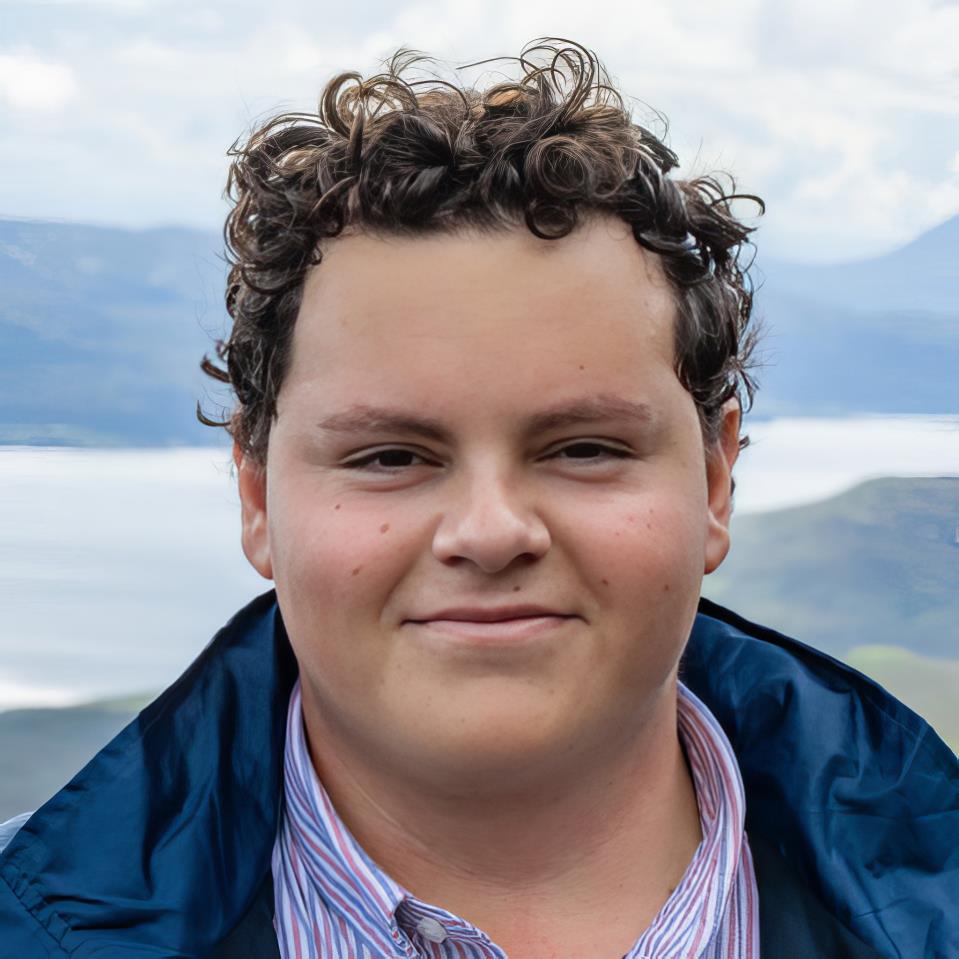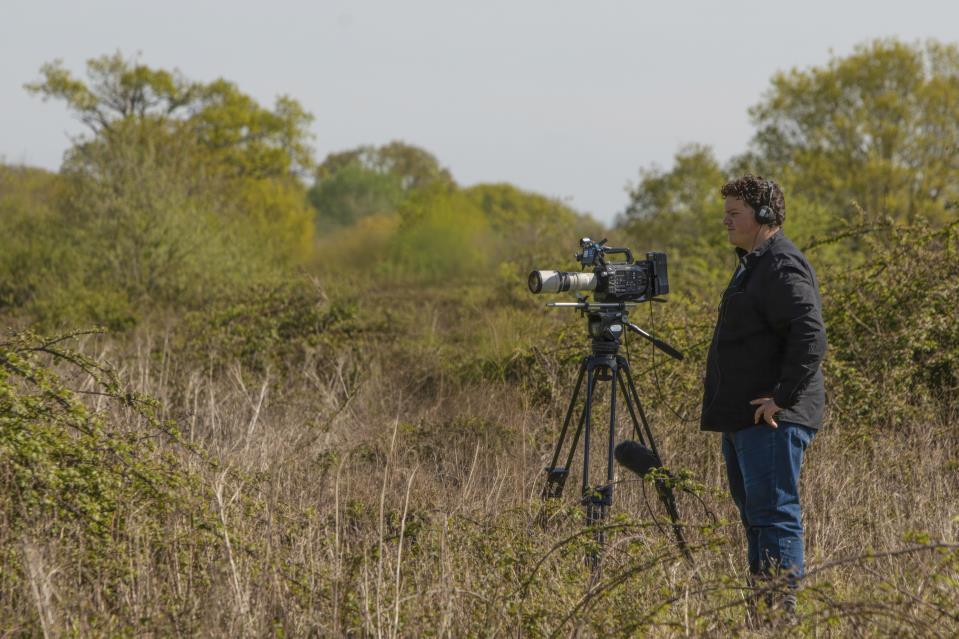Thomas Cassar, one of Malta’s brightest young minds within the field of entomology (the study of insects), has told The Malta Independent on Sunday that, after witnessing some of his favourite areas become “absolutely destroyed” throughout his lifetime, he predicts that the Maltese islands will “definitely” reach a point of irreversibility following its damage to its natural areas “within the next half century”.
“I’ve seen changes in my own lifetime of things going past the point of irreversibility. So yes, I do think within the next half century, if we do not do anything by then, the country’s biodiversity will be lost.”
While admitting that this forecast was a subjective one, he said that this point could happen as early as the next five to 10 years or in 20 to 30 years’ time, though certainly within the next 50 years unless significant change is taken up.
“I think Malta right now is at a crossroads where we can either continue doing what we’ve been doing for centuries and take without giving back or we can actually stop and try to reverse a bit.”
“It’s very sad because I love Malta, it’s always going to be my home country – that’s where I grew up and that’s where my fondest memories are,” Cassar said. “As a biologist, I would love to say that Malta is doing a good job, but it isn’t.”
Cassar told this newsroom that what makes this ongoing situation even more upsetting is the fact that the Maltese islands, for their size, are more biodiverse than the UK, many European countries and even some sub-tropical countries.
Through his online channel named, Wildlife in Focus, Cassar has published some of his own short video documentaries in the past years to highlight Malta’s rich biodiversity as well as the harmful impacts of Maltese developments and construction on local species such as the Maltese Freshwater crab, sand crickets, cicadas and others. His work draws inspiration from his idol, Sir David Attenborough. He is now fulfilling a Master’s programme at the National Film and Television School in the UK to learn how to produce broadcast-quality documentaries about the natural world.

Cassar’s love for entomology and discovering new species ‘by chance’
Cassar is a 22-year-old biologist and wildlife filmmaker who, through his fascination over insects, has already discovered four species new to science in Malta. While detailing these events to this newsroom, Cassar attributed most of his occurrences to pure observation to entertain his curiosity.
His first discovery granted him the title, which he still holds, as the youngest person ever to publish a scientific paper about a newly discovered animal that was still living – he was 17 years old at the time. This instance came from his discovery of a ladybird-parasitizing wasp species three years prior (aged 14) after noticing “by chance” a ladybird with a mildly different colouring while he was out for a walk through his hometown, Żebbuġ.
This species discovery had taught Cassar that “just an observation of something that looks a bit strange or a bit different can lead to something completely different to what we thought”. He continued that “a groundbreaking discovery can be made by just thinking a bit more deeply, [and] by observing”. Cassar also said he developed his passion for entomology by chance after noticing a strange-looking wasp on the floor while he was doing laundry as a child.
Since then, Cassar can say that he has discovered four species new to science. Following his first discovery, published in 2018, he published another paper, about another wasp species, in 2021. In 2022, he was fortunate to discover two new spider species – one found in Comino and another which he spotted in Buskett.
“It’s often said about science that the most exciting part of science is knowing just for a moment something that no one else knows in the world,” he said. “That’s the exact same feeling when you discover a new species.”
He told this newsroom about discovering two local spider species when he was 20 years old, which he respectively named Nemesia maltensis and Nemesia cominensis for the islands of Malta and Comino in which each kind was found. For the Comino species, he said that it had appeared on his palm while he was “digging away absent-mindedly”.
“There was no chance for anyone to really find it unless they were actively looking for something,” Cassar said.
He also described how he was tempted to name the Maltese trapdoor spider he found after the Maltese folklore legend Ġaħan due to an odd characteristic this particular species showed. While trapdoor spiders, as their name implies, build trapdoors over their burrows, this particular species built no door to uncommonly leave its tube open to the air.
“I was very tempted to name it Nemesia Gahanensis because of the Maltese folklore story of Ġaħan who tears his door off when he closes it,” he said humorously since the spider doesn’t build a door “when it should”.

The destruction of local environments
Cassar said that to protect the local environment, the main priority should be to avoid any habitat destruction. For instance, he mentioned that leaving a garigue (a typical Mediterranean plant community with low shrubs) intact would be beneficial to retaining and fostering local ecosystems, as opposed to “breaking it up in smaller and smaller fragments, because that’s how populations die out really”.
Cassar said that “if their natural habitat is no longer large and rich enough to accommodate them, the crab is still doomed”. Furthermore, he described that the habitats we would be releasing these creatures into have become very hostile to them. In this regard, he said that “the streams they call home are polluted and blocked; the muddy banks they burrow into are concreted over [and] they are constantly run over by off-roading vehicles”.
Henceforth, the youngster spoke in favour of the tree protests that have been occurring in recent years. Referring to the chopping down of the Ficus trees in Mosta’s square, he stated that apart from being “an absolute disgrace” from the natural perspective that thousands of wagtails lost their roosting area, since the trees were part of the town’s square for so long, they were a habitat cut off for thousands of other species of animals while for man they “were much part of the town as any other institution”.
Cassar said that this instance was almost as if authorities had “severed a limb from the people of Mosta who loved those trees so much”. Additionally, he was “very glad that people roused and got together” in protest.
While discussing the root of the issue in our country, Cassar said that “it’s really a country-wide apathy and disrespect to the natural world”. He also said that “in mainland Europe and the UK, there seems to be a much more advanced appreciation for the natural world”.
As an example, he mentioned the quick degradation of his favourite valley, Wied l-Imselliet, located near San Anton School. According to him, within the last couple of years, the state of this valley has deteriorated rapidly due to several factors including illegal construction, dumping and the introduction of alien species; the water there has gone from clear to muddy in this time, he said. The young biologist and aspiring wildlife filmmaker also mentioned that alien crayfish and frogs, which were released into the valley by people, are “eating absolutely everything” with the latter consuming all the other wild tadpoles in the area.
During this exclusive interview, Cassar proposed for more signage to be placed in every, or at least, most places of environmental concern, like what can already be noticed by the sand dunes near Golden Bay. He told The Malta Independent on Sunday that apart from this area, seeing any sort of signage to respect the surrounding environment and nearby home species is “still very rare” across the Maltese islands. Going back to Malta’s rich biodiversity, he detailed this suggestion as an opportunity to protect and empower local flora and fauna.
Cassar continued how across the Maltese islands, one could stumble into the ruins of a temple or a freshwater cave and find rubbish rather than signage indicating that it is an important environmental location, to respect the natural world and to respect the ground rules to ensure their natural protection.
“The natural world is from where we derive our peace and our solace,” he said. Cassar also noted that “a lot of our mental health actually is derived from the integrity of the natural world” while speaking about alternative reasons why we should care to protect the environment.

Unsustainable development and what the public can do
“I don’t believe that the authorities are doing next to near enough to safeguard the natural environment,” Cassar said, “otherwise, we wouldn’t be in this desperate situation.”
Shifting to local shortcomings in protecting local natural areas, Cassar remarked that “institutions which should be, on paper, protecting the natural world, are not”. Simultaneously, he also commented on the fact that, on top of this, “there are plenty of institutions that are doing God’s work in Malta, despite having so much against them” in their efforts to continue trying to safeguard biodiversity.
Cassar then clarified that present development is “absolutely not” sustainable for local ecosystems.
“Anyone who would look at the development in Malta and call it sustainable has a vested interest in construction, because it is not,” he said.
Speaking critically about the rates of local construction, Cassar highlighted his belief that we do not need to develop as much as we currently are as a country. He said that “there’s a way and a way of doing things” and said to disagree with naysayers who say otherwise. He argued that Malta does not have a crippling demand to “bulldoze whole natural areas for places to live”, especially “when there are so many abandoned houses everywhere”, not to mention the more sustainable manner houses can be constructed that are not being taken up, for example by adding wildlife corridors and roof gardens.
“That is what is so soul-crushing about being a biologist or being just someone who actually just has a passing interest in the natural world in Malta, because you see things that you love and care for being buried under rubble, constantly,” Cassar declared. To this extent, the youth doubled down on his point, saying that “then, sometimes, when everything really goes wrong, people lose their lives”, referencing construction victims such as Miriam Pace and Jean Paul Sofia. For these reasons, he condemned the local construction industry and called for the rest of the Maltese people to give them a long hard look and metaphorically “knock them into shape”.
The youth then added that this sense of apathy and disrespect to the natural world does not just rest with people in power due to the democratic nature of our country. “It’s not just politicians,” he said, “the people in power are there because they are voted for, consistently.”

“If they are voted for consistently, despite their track record of disrespecting the natural world, then that means there is a problem with the voters, because the voters are clearly not prioritising the natural world,” he said. To Cassar, this is occurring due to Malta’s lacking societal appreciation for the natural world, which he sees as a hugely missed opportunity due to Malta’s biodiverse ecology.
He believes that this attitude can change with efforts to show Maltese that “Malta isn’t [just] a barren landscape which is ready to be pasted over with buildings”, and that this appreciation could foster if locals were more aware that “there are things that live here that don’t live anywhere else in the world”.
As a result, Cassar is torn whether he has a future in his home country or whether he should keep his talents abroad. Despite loving Malta and all the living things found on the Maltese archipelago, he stated that “I know there’s no future here [for me] because everything I work for is disregarded and trampled on”.
“I really think there is no future in Malta for the natural historian, naturalist, biologist, the scientist, because the things you love are actively destroyed.”
“I’d love to say that it’s a happy place to be and that things I love are going to be there for a long time,” Cassar said, “but I can’t be honest and say that’s the case.”